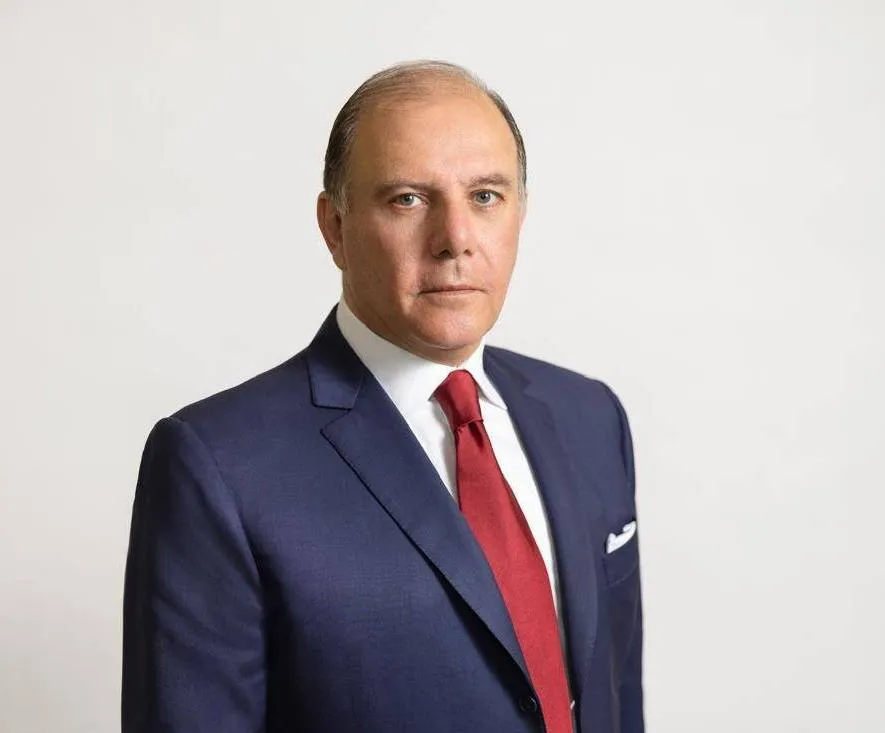The Lebanese Cabinet has appointed Karim Souaid as the new Governor of the Central Bank of Lebanon during a government session held on Thursday at the Presidential Palace in Baabda.
Souaid secured 17 votes out of 24, the total number of ministers in the Lebanese government.
He is expected to play a pivotal role in restructuring the commercial banking sector and managing the distribution of an estimated $72 billion in financial losses resulting from Lebanon’s economic collapse—a crisis that has impoverished most Lebanese citizens and devastated the local currency, according to Reuters.
Souaid brings extensive experience in finance, banking, and law. A member of the New York State Bar Association since 1989, he studied banking law at Harvard Law School, where he wrote his thesis on the Glass-Steagall Act of 1933, a landmark US law that separated commercial banking from speculative investment banking.
Souaid is closely associated with the “Harvard Plan” for resolving Lebanon’s economic crisis, a strategy funded by Growthgate Capital, where he served as founder and managing partner.
He also has hands-on experience in regulatory compliance, financial structuring, and capital markets. From 1996 to 2000, he worked in equity issuances and banking securities in Lebanon, ensuring compliance with the Central Bank of Lebanon’s regulations and the guidelines of the Lebanese Capital Markets Authority.
Between May 2000 and May 2006, Souaid served as General Manager of Investment Banking at HSBC Middle East.
In 2006, he founded Growthgate Equity Partners in the United Arab Emirates, an alternative asset management firm specializing in investments in private companies across the Middle East and North Africa (MENA) region.
Additionally, Souaid has worked closely with finance ministries and central banks in several Arab countries, including the UAE, Qatar, Oman, Kuwait, Bahrain, and Jordan. He has played a key role in structuring and managing public offerings and the sale of securities for privatized entities.



